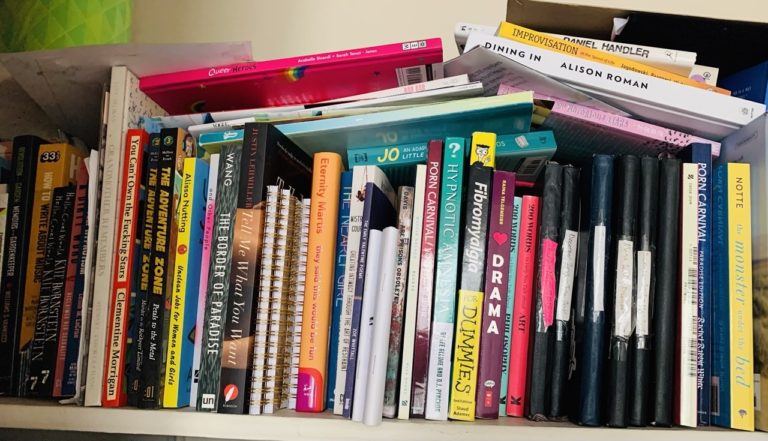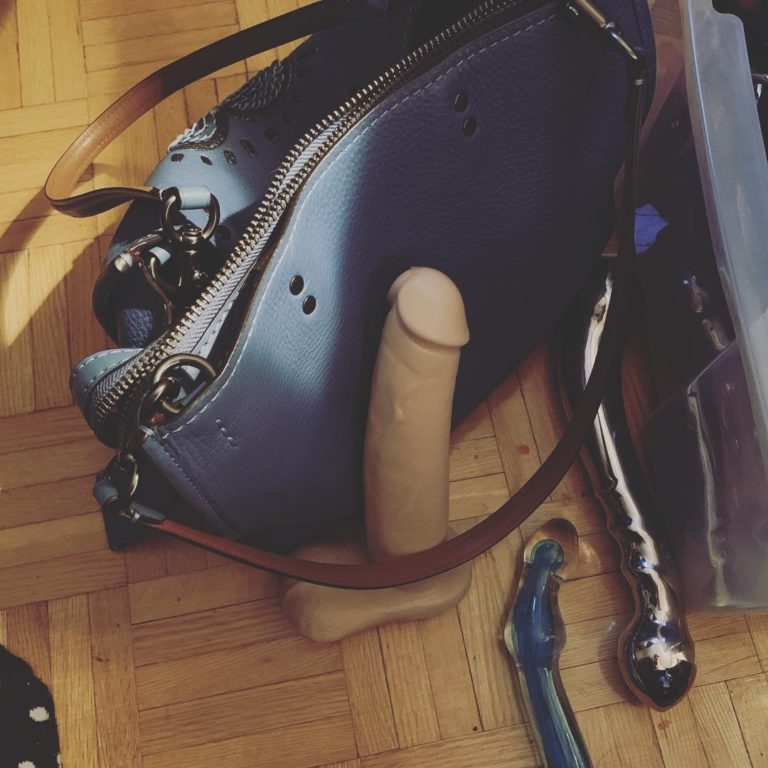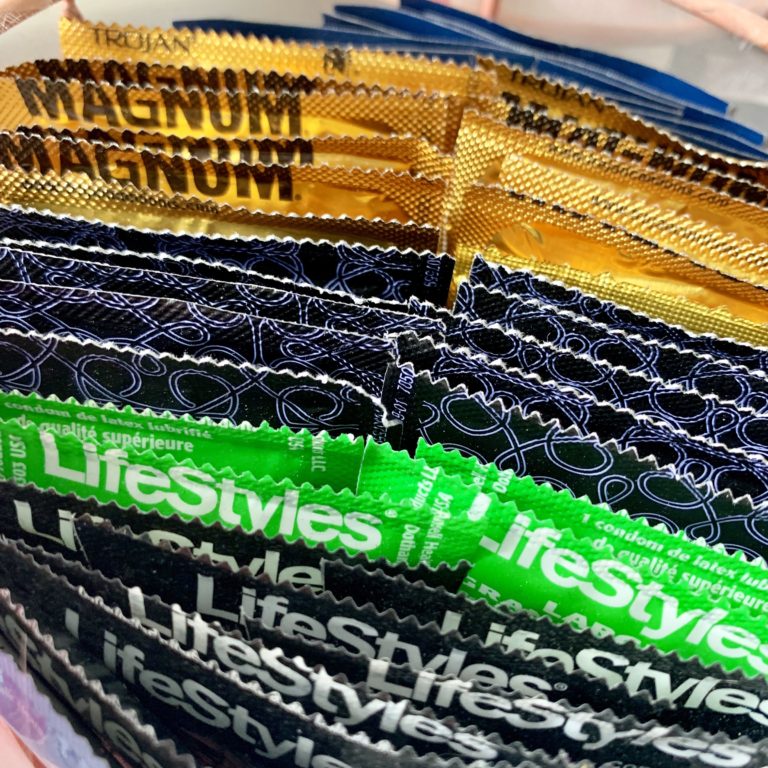
At time of writing, I’ve read 44 books this year – yay! Reading has given me so much pleasure during the pandemic, with its ability to sweep me away into worlds that aren’t wracked by quick-spreading illness and quicker-spreading fascism. (Well, sometimes I do read books where those things are happening, but not typically ones set in our world.) It’s been a much-needed respite from the grind of life.
Here are 8 of the books I loved best this year. You can check out the full list of books I read in 2021 here. Would love to hear from you in the comments if you’ve read any of these, or if you have others to recommend!
Torrey Peters – Detransition, Baby
She decides for the ten thousandth time that heterosexual cis people, while willfully ignoring it, have staked their whole sexuality on a bet that each other’s genders are real. If only cis heterosexuals would realize that, like trans women, the activity in which they are indulging is a big self-pleasuring lie that has little to do with their actual personhood, they’d be free to indulge in a whole new flexible suite of hot ways to lie to each other.
This book absolutely exploded this year. It became a national bestseller. The New York Times and Entertainment Weekly called it one of the best books of the year. It got longlisted for the Women’s Prize (to the chagrin of transphobic bigots). And the praise is well-deserved, if you ask me.
Trans writer Torrey Peters’ debut novel is a witty, dishy tale of three people with vastly different relationships to womanhood, who ultimately discover their similarities and find some common ground. Reese is a brassy, world-hardened trans woman who desperately yearns to be a mother; Reese’s morose ex Ames was once a trans woman, but has since detransitioned for reasons that become clear later in the book; and Katrina is a no-nonsense cis woman who Ames accidentally gets pregnant, which is the catalyst that kickstarts the events of the story.
It’s a blazingly funny novel about womanhood, motherhood, the absurdity of gender, the mutability of family, and so much more. I loved it.
Leigh Cowart – Hurts So Good: The Science & Culture of Pain on Purpose
I have come to think of my experiences with masochism as a kind of biohacking: a way to use the electrochemistry of my body in a deliberate way for the purpose of curating a specific experience. Something about my response to pain is different, be it inborn or learned (or both, I suspect). It’s something that allows me to craft a little pocket of joy for myself, an engineered release, be it through running a few miles uphill, getting a tattoo, or getting slapped in the face for fun until I cry.
I’ve read a fair number of books that explore sadomasochism through various sexual and romantic lenses, but Hurts So Good is a different kind of book. It investigates a much broader range of masochisms, from kinksters getting whipped in dungeons, to ultramarathon runners exhausting their bodies for the fun of it, to competitive hot pepper eaters scorching their mouths to get an endorphin rush. This is a book about “pain on purpose,” in all the various ways humans seek it out.
I’ve been more and more interested in reading about pain since it became an everyday part of my life due to fibromyalgia, and there’s a fair bit of nerdy pain science in here that scratched that itch for me. But it’s also so much deeper than just brain imaging and neurotransmitters: Cowart examines the psychological, social, and even spiritual reasons that humans have pursued pain through the ages. It’s a fascinating read, whether sadomasochism is a part of your sex life or just a topic you find intriguing.
Hanne Blank – Straight: The Surprisingly Short History of Heterosexuality
Historically, what heterosexuality “is” has been a synonym for “sexually normal.” Early in the history of the term, it was even used interchangeably with the term “normal-sexual.” And there, as they say, is the rub. “Normal” is not a mode of eternal truth; it’s a way to describe commonness and conformity with expectations. But what is most common and expected, in terms of our sexual lives or any other aspect of the human condition, does not always remain the same. Sexual expectations and behaviors, like all other social expectations and behaviors, change over time.
It’s always good to re-examine the things you think you know, to figure out whether they are actually true. More often than not, you’ll realize you’ve gotten it at least partially wrong all along.
Astute scholar Hanne Blank examines heterosexuality that way in her excellent book Straight. Our current society takes for granted that straightness has always existed, because it is the natural order of the species and a procreative imperative, blah blah blah – but has straightness always existed? Blank argues, quite convincingly, that it is a relatively new construct we created for ourselves, and that sexuality is now and has always been much more fluid and vague than the strict category of “heterosexual” would lead us to believe.
If you’re scoffing as you read this (“How could that possibly be true?! Straightness is real! Science says so!”) then I think you are the type of person who mosts needs to read this book. It is my view that some of our most significant growth as humans happens when we’re able to soften our rigidities, blur the boundaries we’ve drawn, and apply a lens of nuance to the world – and this book is a challenge to do exactly that.
Kai Cheng Thom – Fierce Femmes & Notorious Liars
I wanted to protect you, but I’m starting to think that the best thing you can do for people is teach them how to protect themselves. Every girl needs to be at least a little dangerous.
Kai Cheng Thom is a transcendently brilliant writer, whose work I first read in her advice column for Xtra. This book is a bit of a departure from her typical style: it’s a surrealist novel and a “biomythography” of Thom’s life, meaning that it draws elements from her own life story but is vastly more magical and absurd.
It’s the tale of a young trans girl coming out, moving across the country, finding community, and fighting back against the transphobic powers that be. It has a lot to say about how we grow and change as people, the transformative power of good friendships, and the beauty of stepping into your true self.
Allison Moon – Getting It: A Guide to Hot, Healthy Hookups & Shame-Free Sex
What makes casual sex casual? What makes sex sex? It’s a fraught subject, raising issues of morality, pleasure, risk, trauma, and choice. My job is not to convince you one way or another, but rather to give you good information to use to make up your own mind. I promise I won’t shame you for your choices, and I hope you don’t shame other people for theirs.
Gift this book to any young person you know who is interested in, or is pursuing, casual sex for the first time. Gift it to your recently divorced friend who hasn’t dated since the pre-Tinder era. Gift it to anyone whose relationship to casual sex seems tricky, confused, or painful. I really think it’ll help.
Everything that sex educator Allison Moon writes is delightful, but this book is really indispensable. It’s a guide to just about everything you need to know to have satisfying and healthy casual sex, from figuring out what you want, to finding dates, to setting boundaries, to navigating consent, to dealing with tricky feelings that come up. It’s a blueprint for the best sex of your life, whether casual or not.
I deeply wish I’d had this book when I was 22; I could have spared myself a lot of bad sex and broken hearts. But at least it’s out in the world now, and can help a whole new generation of sex-positive cuties.
Casey McQuiston – One Last Stop
The first time August met Jane, she fell in love with her for a few minutes, and then stepped off the train. That’s the way it happens on the subway—you lock eyes with someone, you imagine a life from one stop to the next, and you go back to your day as if the person you loved in between doesn’t exist anywhere but on that train. As if they never could be anywhere else.
Wanna read a quirky butch/femme romance novel that takes place primarily on a subway train, weaves in true queer history, features time travel as a prominent plot point, depicts rich and realistic queer friendships, and contains countless LOL-worthy jokes? This is the one.
I got somewhat obsessed with Casey McQuiston’s writing this year, devouring this novel and their other one, and starting to read an advance copy of their next one (being a member of the press has its perks sometimes!). Their work is sharp, full of heart, and shot through with a deep reverence for queerness and queer communities. I laughed and cried my way through this novel and almost wish I could erase it from my memory just so I could experience it for the first time again. It’s a beautiful love story for the ages.
Aubrey Gordon – What We Don’t Talk About When We Talk About Fat
I describe mine as work for fat justice. Body positivity has shown me that our work for liberation must explicitly name fatness as its battleground—because when we don’t, each of us are likely to fall back on our deep-seated, faulty cultural beliefs about fatness and fat people, claiming to stand for “all bodies” while we implicitly and explicitly exclude the fattest among us. I yearn for more than neutrality, acceptance, and tolerance—all of which strike me as meek pleas to simply stop harming us, rather than asking for help in healing that harm or requesting that each of us unearth and examine our existing biases against fat people.
As a massive fan of Aubrey Gordon’s podcast with Michael Hobbes, Maintenance Phase, I don’t know why it took me so long to get around to reading her book, but I’m very glad I finally did. It’s a thorough skewering of our society’s rampant anti-fat bias and all the various ways it manifests. It’s compelling and impeccably well-researched, and it should be a required text for anyone studying to become a doctor, therapist, social worker, or policymaker.
Fatphobia and diet culture are horrendously potent forces in our world right now, affecting how fat people are treated on both macro and micro levels every day. What this book points out, using evidence collected from a staggering amount of different reputable sources, is that anti-fat bias is largely predicated on the false notion that significant, sustained weight loss is possible for the majority of people. In reality, being fat isn’t all that different from being tall, in terms of how genetics create that condition and what can be done about it – but the discrimination and harassment fat people face is obviously far worse. If you’ve ever fat-shamed anyone for any reason, you should read this. If you’ve ever stayed silent while someone else was being fat-shamed in your presence, you should read this. If you’re feeling resistant to reading this because you disagree with its argument, you should read this.
It’s 2021. There’s no excuse whatsoever for being a bigot anymore, and that includes being a fatphobic bigot.
For almost a decade I’ve given myself over to someone who doesn’t dignify me who acts like he’s the prize and I’m the lucky recipient. No motherfucker I’m the prize. Always have been, always will be. Somehow I forgot that. Or I never knew that. How could I? Got so wrapped in you so wrapped up in your presentation. That I forgot myself because when someone presents themselves as a prize you receive them as one.
I was lucky enough to see this play twice on Broadway, and also decided to read the script so I could absorb the words more deeply. It is a truly unique piece of theatre.
At the centre of this story is “race play,” an edgy and controversial kink in which racial differences and/or tropes are eroticized. I first learned about this style of play from Mollena Williams-Haas, a submissive Black woman who identifies as a slave in her D/s dynamic with her partner. (She has a new podcast, by the way – it’s amazing.)
Accomplished playwright Jeremy O. Harris (who also produced the terrific virtual theatre put on by Fake Friends during the pandemic) has weaved a story wherein race play becomes an element of a radical new therapy, aimed at helping the Black partners in interracial relationships experience more comfort, pleasure, and safety with their non-Black partners. It’s a raw exploration of race, class, kink, consent, privilege, power, and so much more. In my mind, the primary message of this play is that self-awareness, and awareness of one’s ancestral history, is crucial if we are to move through the world in ethical and progressive ways. This is a deliberately challenging play – the stage directions on the opening pages counsel the director and performers to avoid any attempt to make the audience feel more comfortable with what they are seeing – and it feels very needed at this time in history. I very much look forward to seeing whatever Jeremy O. Harris does next.
 Ever since I
Ever since I 

 I don’t love you, I’m certainly not in love with you, but we approach our time together with fondness, care, and – yes – love.
I don’t love you, I’m certainly not in love with you, but we approach our time together with fondness, care, and – yes – love.